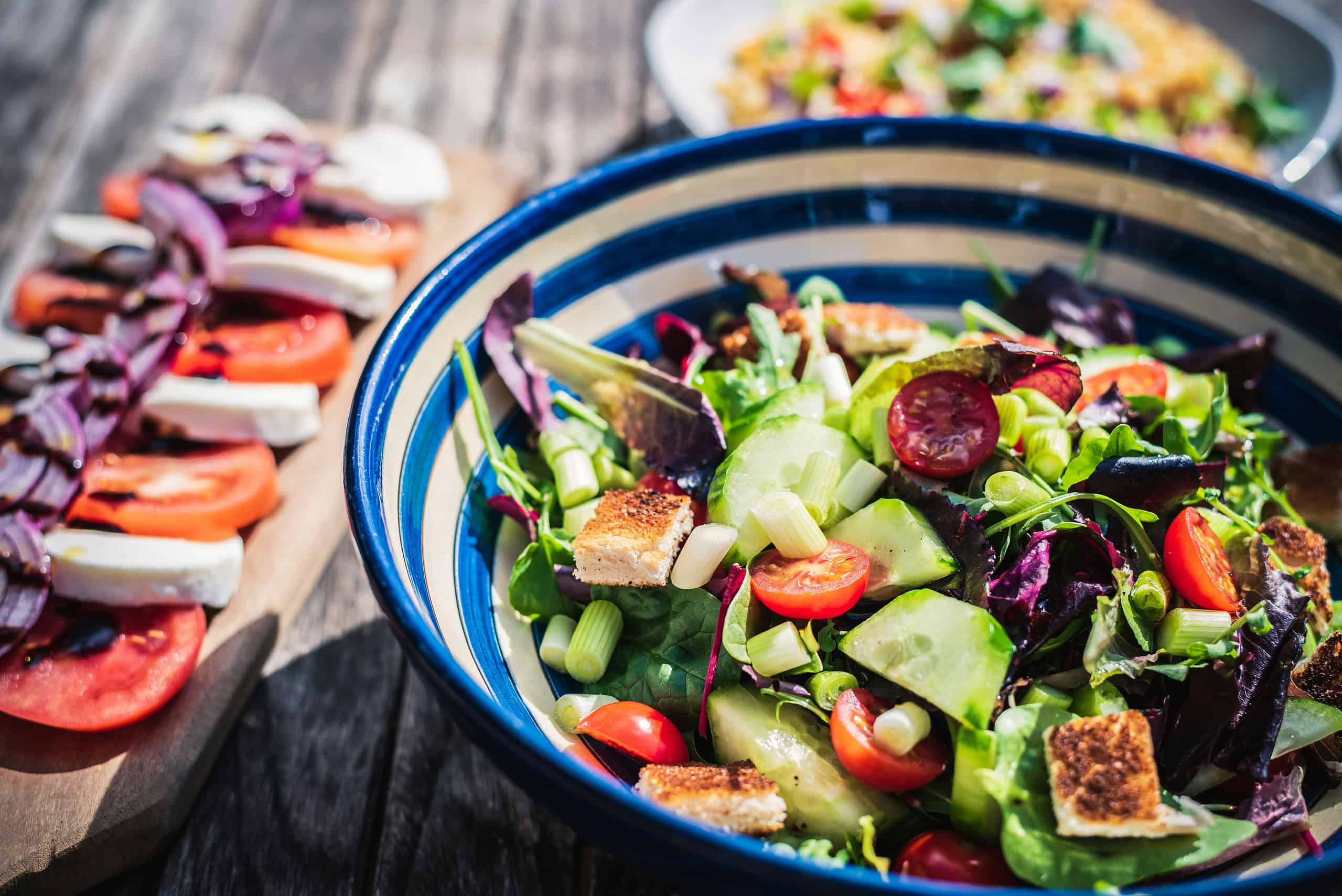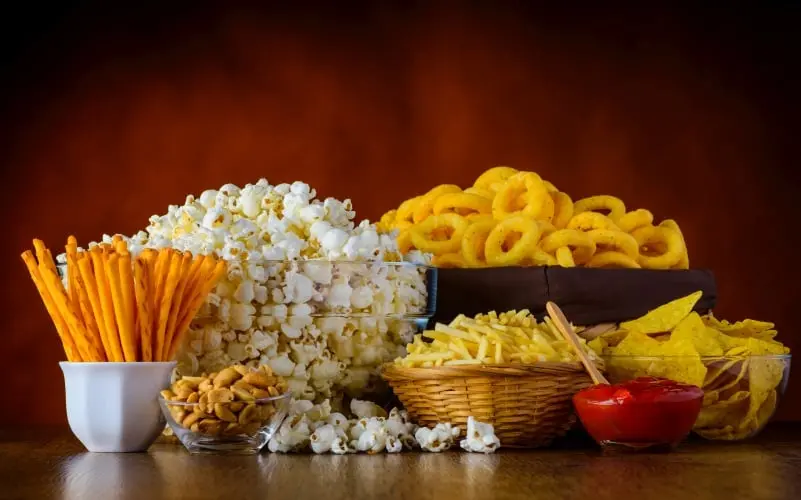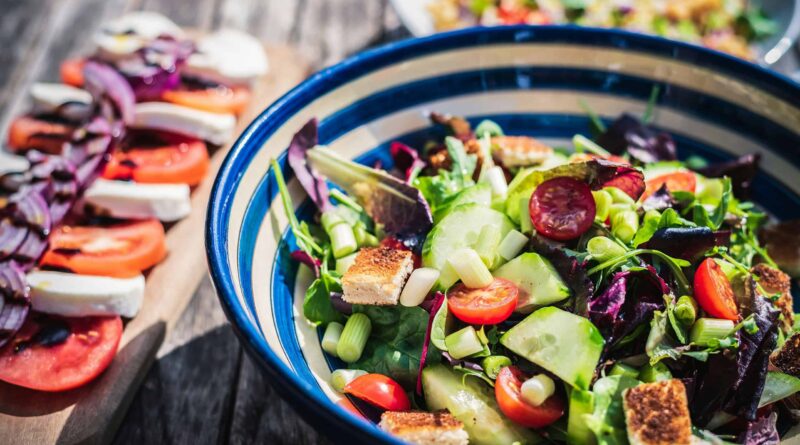“Our grandmothers were right”: Mindful eating works, says nutritionist. But what does that mean?

In today’s world of food fads, social media influencers, and conflicting nutrition advice, it’s hard to separate fact from fiction. But according to the leading nutritionist Federica Amati, the best food advice is not something new, revolutionary, or common – it is based on common sense. And, more importantly, it works.
Amati, a registered dietitian and medical scientist, has devoted much of his career to studying how food affects everything from mental health to longevity. At the Hay Festival and in subsequent discussions, he emphasized that the basics of eating a healthy diet – such as eating lots of vegetables and whole foods – are still a reliable foundation for good health.
Science-based nutrition
“Our grandmother was right,” he said in an interview with her ZME Science. “The simple things they told us, like eating your vegetables first, have always been good advice, and now the science is backing that up.”
Amati is passionate about connecting people with science-backed food practices. He says: “There is a lot of noise out there. And, of course, there are many modern fad diets that claim to be the code to the perfect life. But often, the things that work are simple: like eating more fiber.
“Most of us, around 90% of adults in the UK and up to 95% in the US don’t get enough dietary fiber every day. So, we need around 30 grams of fiber per day, and in total we get 18. So, start with fiber first is a good way to do it.”
That means eating more foods like whole grains, beans, legumes, vegetables, [leafy greens]but also mushrooms and basically all vegetables, all nuts and seeds. Add more to your plate and make sure you get fiber with every meal. “
While fiber should be a priority, it’s not the only thing, Amati emphasizes. Good or bad, nothing will make or break your diet. In fact, he says the best way to eat healthy is to use common sense. But what does this mean?
A healthy way
Often, you hear things like “bad carbs” or “good protein” – but we don’t eat individual nutrients, Amati warns. We eat food, which is a form of food, and we should always try to realize what that form is.
“Instead of focusing on individual foods and meals, look at the whole process of your diet. Not daily but weekly, monthly, and even year round. Look at things like how often you eat, and what foods you eat, step back and look at the overall pattern. Bring some of the foods you want to eat into your home, which will force you to eat these foods. ”
One of the strongest examples of eating a healthy diet backed by science is the Mediterranean diet.
The Mediterranean diet is not a very strict menu as it is a general approach. It’s high in fruits, vegetables, whole grains, beans, nuts, and healthy fats like olive oil, with little dairy and meat. There is a lot of research that supports this, Amati said at the Hay Festival panel.
“It has evidence for all health outcomes. There are hundreds of studies. We have epidemiological data. When we follow people for a long time and see what they eat, the people who follow it live longer and have the best health outcomes, it’s very clear now.”
Amati is clear that eating a Mediterranean diet doesn’t mean making big changes overnight. The key is to implement small, lasting changes. For example, you can start by replacing baked snacks with nuts or adding more leafy greens to your diet. You don’t need to change everything at once.
He also cautions against being too strict. If you’re at the airport or somewhere you don’t have Mediterranean food, that’s okay. If you want a burger every now and then, it’s not a disaster. It’s a long term pattern of what you eat, not what you eat on any given day.
Gut bacteria and processed foods
If there’s one thing you should watch out for, though, it’s ultra-processed foods.

Ultra-processed foods are a growing issue in the modern diet. But here’s the thing: it’s very hard to define what it is. Some items, such as fizzy soda and potato chips, are clearly processed foods (UPFs). But some things, like fancy breakfast cereals or even fancy meats, don’t scream “UPF” and can fool consumers.
Amati told us that the best way to think about it is that highly processed foods are “industrialized foods” that are often made in factories, heavily packaged, and loaded with marketing messages designed to make it appealed.
He says an important feature of mass-produced foods is that they contain ingredients that you cannot use at home, such as gums, emulsifiers, sweeteners and coloring agents. If the food contains additives or extracts that you cannot have in your kitchen, it is most likely processed.
For example, he points out that even seemingly natural options, such as “100% natural chicken skewers,” often contain many unnecessary ingredients when you check the label. Instead, he advises preparing a whole meal, such as buying a tender chicken breast and marinating it at home.
As Amati explains, the gut microbiome – basically the ecosystem of bacteria that live in your gut – plays a vital role in your overall health, influencing everything from the health of mind to immune function.
“We now know that a healthy gut can support mental health, reduce inflammation, and even affect heart disease,” he said. Amati also points to basics like eating fiber-rich fruits and vegetables, but also says fermented foods like sauerkraut, kimchi, and kefir can help our gut microbiome.
“Fermented foods are rich in probiotics, which help support a healthy microbiome,” she says. “Adding these foods to your diet, even in small amounts, can make a big difference.”
Reduce noise, follow science-backed advice
The message from Federica Amati is clear: eating mindfully, supported by scientific evidence, is still the best way to improve and protect your health. While great food and extreme advice can get attention on social media, they often don’t have the research to back it up.
He says: “Nutrition doesn’t have to be difficult. “At the end of the day, what works is the simple things – more vegetables, more whole grains, less junk food. It’s about creating habits that last a long time.”
Federica Amati’s new book, “Every Body Should Know This: The Science of Eating for Life” is available on Amazon.
You can watch all our interviews with Federica Amati on Youtube.
#grandmothers #Mindful #eating #works #nutritionist
